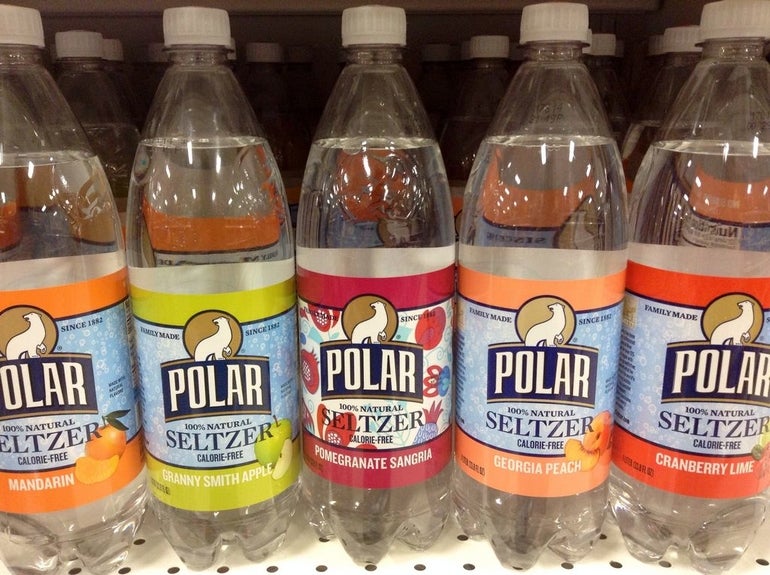If Massachusetts lawmakers create a tax on sugary drinks, Polar Beverages’ $10 million investment in a new can line and water treatment system might become unnecessary.
“It would be stranded investments,” Christopher Crowley, an executive for Worcester-based Polar, told the News Service after a hearing Tuesday. He said, “It’s an enormous undertaking, a three-year process and it’s like, ‘Hey, now you don’t need it.'”
Crowley and beverage industry officials turned out for a Revenue Committee hearing to raise concerns about legislation (S 1562/ H 3329) filed by Sen. Jason Lewis and Rep. Kay Khan that would create a tiered excise tax on sugary drinks.
While the proposal would levy a 24-cent tax on a 12-ounce can of soda, the burden would be steeper on powdered drink mixes because the tax would be applied on a per-ounce basis on the beverage once it is mixed.
Kevin Dietly, a consultant working for the American Beverage Association, determined that if the policy were in place the cost of a 4C Iced Tea mix would skyrocket to $17.92 for a product that ordinarily costs $3.99.
Public health advocates contended that residents are already paying for over-consumption of sugary drinks with diabetes and obesity, conditions that strain the state’s health care system and worsen the lives of those afflicted.
“This legislation if passed will improve the financial health of our state and the physical health of our children,” said Bill Schmidt, the vice chairman of the Winthrop Board of Health.
Proponents project the tax would raise $368 million, which could be a welcome boost for some policymakers who have watched state tax revenues come in $439 million short of projections this year, a trend that is sparking interest in new revenue sources. The Senate in its budget included a tax hike on flavored cigars, which would be used to fund health programs around the state.
Khan and Lewis have proposed using the money generated from the tax to finance children’s health initiatives.
Advocates told lawmakers about seeing high levels of consumption of soda and other sugary drinks lead to chronic health ailments like obesity. Proponents said the proposed tax would discourage people from drinking sugary beverages, improving their health.
Opponents of the legislation rejected the idea of applying a sin tax to soda.
“Why don’t you go after salts?” asked Brian Houghton, senior vice president at the Massachusetts Food Association. He said, “Let’s call the food police on everything.”
Lisa Katic, a dietician who consults for the beverage industry, told the News Service in a phone interview that factors other than soda consumption are bigger contributors to obesity – such as a sedentary lifestyle and consumption of high-calorie sandwiches and burgers.
Sen. Michael Brady, a Brockton Democrat, who is co-chairman of the Revenue Committee, said he is weighing considerations of health and economic vitality.
“Obviously we’re in support of getting people healthier and all that, but you don’t want to hurt the employees in the working economy,” Brady told the News Service after the hearing.

